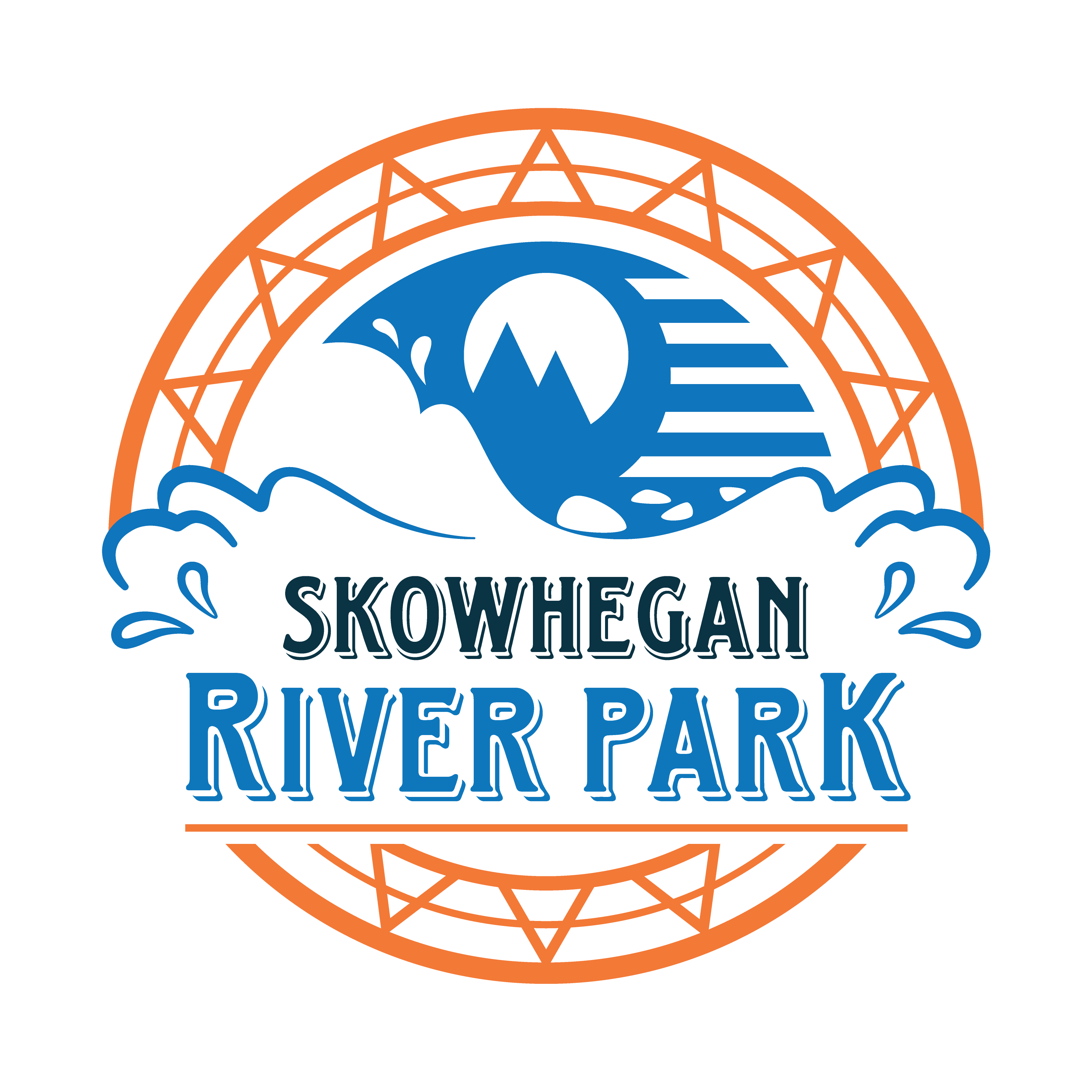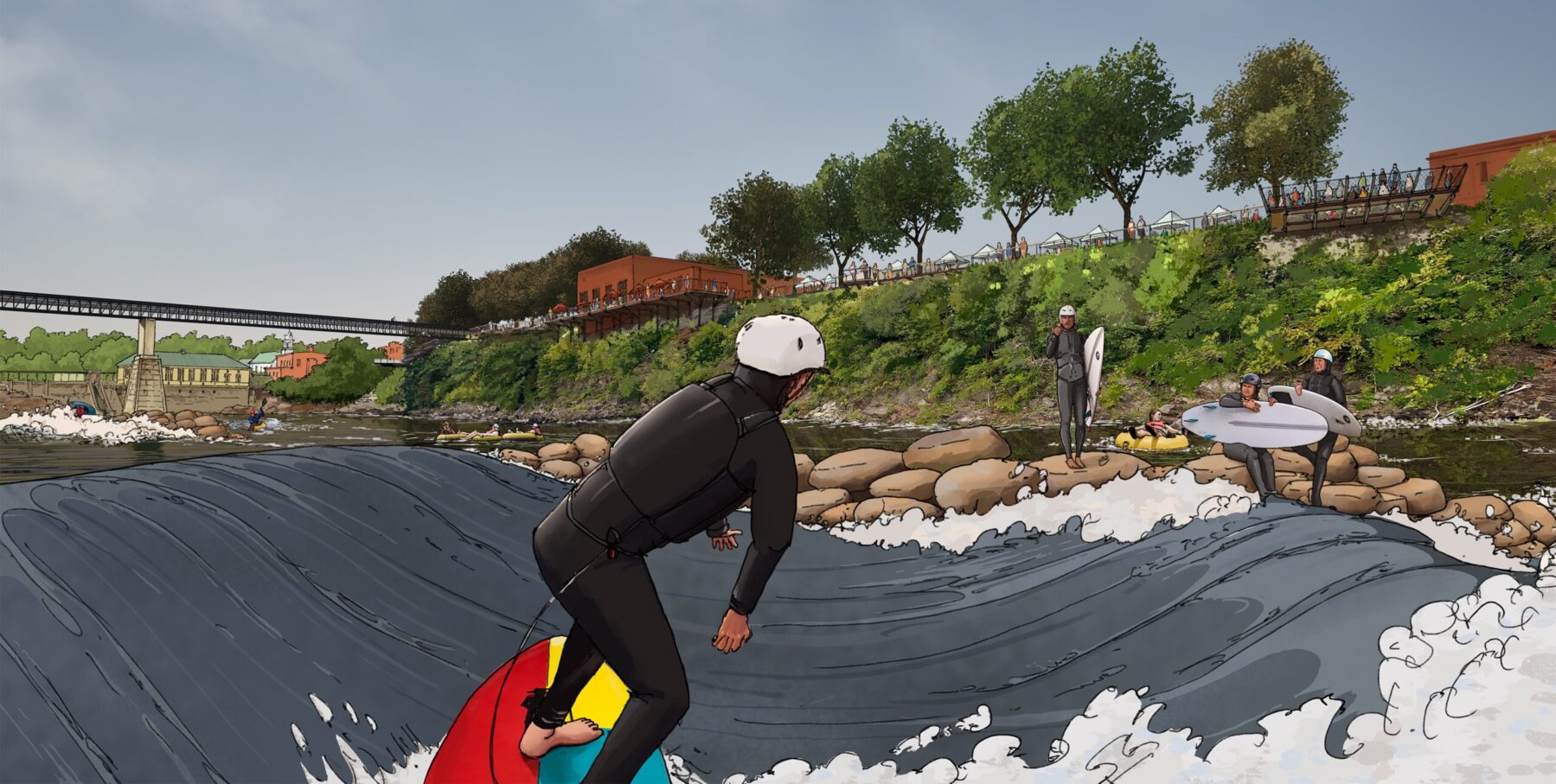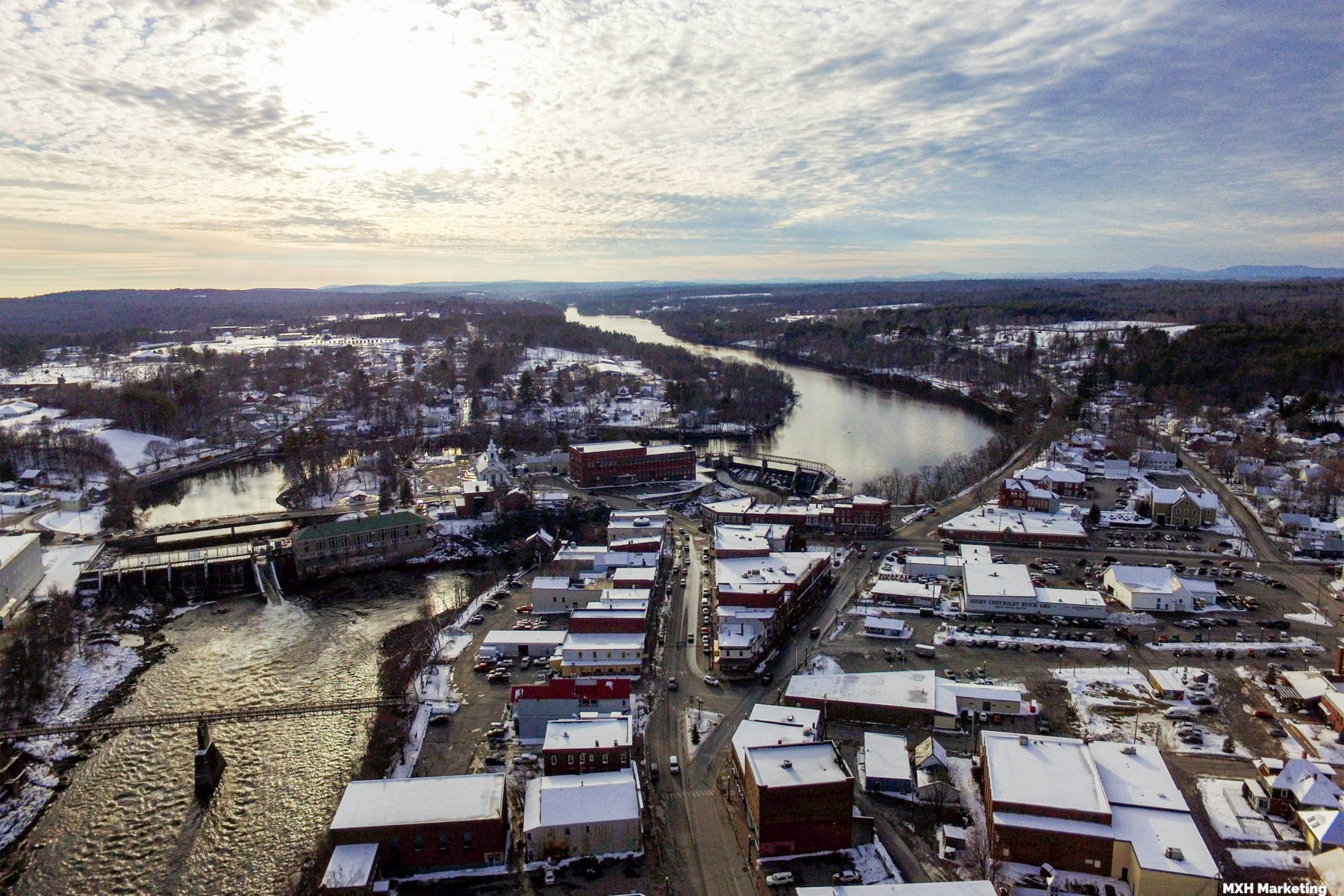Header Photo Credit: MXH Marketing
Skowhegan is the seat of Somerset County, a beautiful, rural region that brims with potential but struggles with poverty, poor-health rates above state and national averages, and outmigration. Using our natural assets—including the Kennebec River, Lake George Regional Park, and vast acres of woods, fields, and trails—to turn this crisis on its head will be the game changer for Skowhegan’s future.
By the Numbers
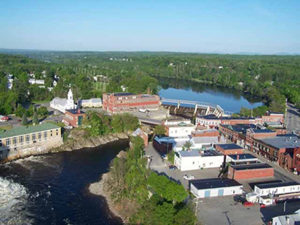 In a recent Community Health Needs Assessment, Somerset ranked 14th out of 16 counties in health outcomes and last for health factors.
In a recent Community Health Needs Assessment, Somerset ranked 14th out of 16 counties in health outcomes and last for health factors.
Obesity rates have been rising among all age groups in Somerset County. As of 2016, more than a third (36.5%) of adults, nearly a fifth (18%) of high school students, and almost a quarter (22.7%) of middle schoolers are obese.
Nearly a quarter (23%) of Somerset County adults lead a sedentary lifestyle, with no leisure-time physical activity in the past month.
According to the most recent data, nearly a fifth of the county population is in poverty—including one quarter of all Somerset County children.
According to Skowhegan data from the 2019 American Community Survey, household incomes are 65% of the national median, nearly one third of households make less than $25,000 per year, and one in five people 65 and older are living in poverty.
Educational attainment rates—an indicator of a community’s ability to sustain economic growth—are dismal: from 2010 to 2019 the Skowhegan high school graduation rate dropped 9.5% and only 17% of adults have a four-year or advanced degree, which is less than half the 2019 national average.
Alarmingly, Skowhegan has lost more than 20 percent of its population since 1999.
In 2016 local paper mill Sappi—which represents 40 percent of Skowhegan’s tax base—was devalued by $64 million, resulting in a loss of $1.2 million in tax revenue. The recent closures of Madison Paper and other mills around the state underscore how critical it is that we diversify the local economy.
Outdoor Recreation as a Solution
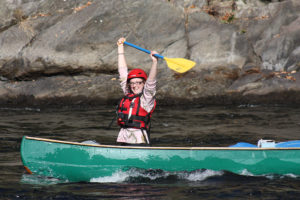
All people have the right to live in, and feel connected to, a healthy community. Skowhegan has the natural resources that can be leveraged to offer meaningful outdoor experiences to all and help solve the problems indicated by the dire statistics above.
When more people have more meaningful experiences outdoors, their quality of life, health, and social well-being improve—and in turn their communities become stronger and more sustainable.
Economically, the outdoor recreation industry is booming nationwide, and whitewater paddling is a growing sport. In Maine, outdoor recreation generates $8.2 billion in consumer spending annually, and spending on recreational watersports is $1.3 billion.
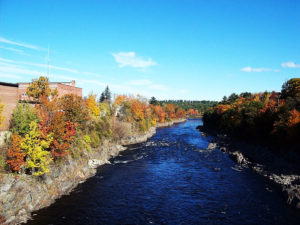 While there are dozens of wildly successful whitewater venues around the country, the Skowhegan River Park can be the first of its kind in Maine and only the second in New England. It has the potential to make Skowhegan a go-to destination for regional whitewater recreation and events—and a compelling venue for major national events as well.
While there are dozens of wildly successful whitewater venues around the country, the Skowhegan River Park can be the first of its kind in Maine and only the second in New England. It has the potential to make Skowhegan a go-to destination for regional whitewater recreation and events—and a compelling venue for major national events as well.
Additionally, more than half of American travelers are considered adventure travelers, adding to the number of potential visitors to the Skowhegan River Park—and the ensuing economic impact that will benefit all in our community.
